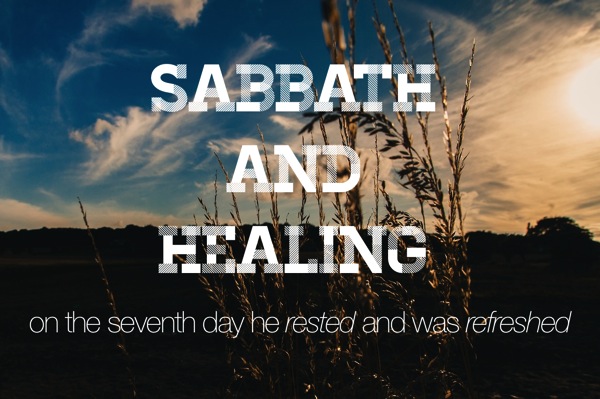 A friend of mine runs what are called ultra-marathons.
A friend of mine runs what are called ultra-marathons.
When I hear ultra-marathon, I just hear a lot of pain. I’m not sure any human should put themselves through something like that. An ultra-marathon is basically anything more than a traditional marathon. Not being a runner, I naturally have a lot of questions when it comes to trying to wrap my mind around training for something like this. My friend actually ran a 24-hour marathon and so I asked him some questions about what it takes to do this kind of marathon.
One of the questions I asked about this kind of running was, “What is the most difficult part in running a 24-hour marathon?”
My expectation was that I’d hear something about the difficulty of the length of time or the toll a race like this puts on your body. Or maybe the 18 hour mark, when you are 75% done but still know that you have 6 hours remaining. I thought maybe the discipline of getting your body to do what your mind was telling you not do would be a huge challenge. But when I asked Mark about his 24-hour marathon, he said the hardest part was the two-weeks before the marathon.
What happened in those two weeks?
Resting.
In training for a marathon like this, like other kinds of athletic trainings, your body not only needs to be pushed to its limits but it also needs a period of recovery. So you push and push and push and then the body recovers and rebuilds. In training for the 24-hour marathon what would happen for Mark is that he would train and push his body to the limits and then in the 2 weeks before the run, he would have to stop training in order to allow his muscles to rebuild. So in order for him to actually run the marathon, he had to not run.
In order to run, he had to rest.
And you can only imagine what goes through your mind when you are in the resting and rebuilding phase. Did I push myself enough? Did I put enough time into it? Will I be able to to make it that many hours? Maybe I should’ve set different goals? But the problem is if he quits resting, all his training and hard work is ruined.
Healing in the Resting
There is healing in the resting. The body heals as we rest. We see this same kind of language when the Bible talks about the Sabbath.
In Exodus 31:17, "It is a sign forever between me and the people of Israel that in six days the Lord made heaven and earth, and on the seventh day he rested and was refreshed.” God enjoys his creation and it’s refreshing. The resting is life-giving. One of my professors said it brilliantly when he said, “We are refreshed when we attend to the work of God in creation and in redemption.” In the Sabbath, as we are connected to the work of God, we find healing. Because there is healing in the resting.
Jesus gets in trouble a few different times in his day for breaking the rules of the Sabbath.
Notice what he’s doing when he gets in trouble though…“Come on those days to be healed, not on the Sabbath.” (Luke 13:14) Talk about missing the point.
What is Jesus getting in trouble for on the Sabbath? Healing? Healing, which gives life. Sabbath, a day of rest that gives life. It’s quite ironic that Jesus gets in trouble for healing on the Sabbath - which is ultimately what the celebration of the Sabbath is all about - being refreshed and given life by the work of God.
Healing is in the resting.
This isn’t because by stopping our working we have found some way too unlock spiritual points. Healing is in the resting, because in resting we stop doing our work and let God do His work.
In resting we trust that God says, “It is finished.” In resting, we run to that which gives life - the work of God, both in creation and in redemption. In resting we find healing as Jesus says, “Come to me all who are weary and heavy burdened and I will give you rest.”
